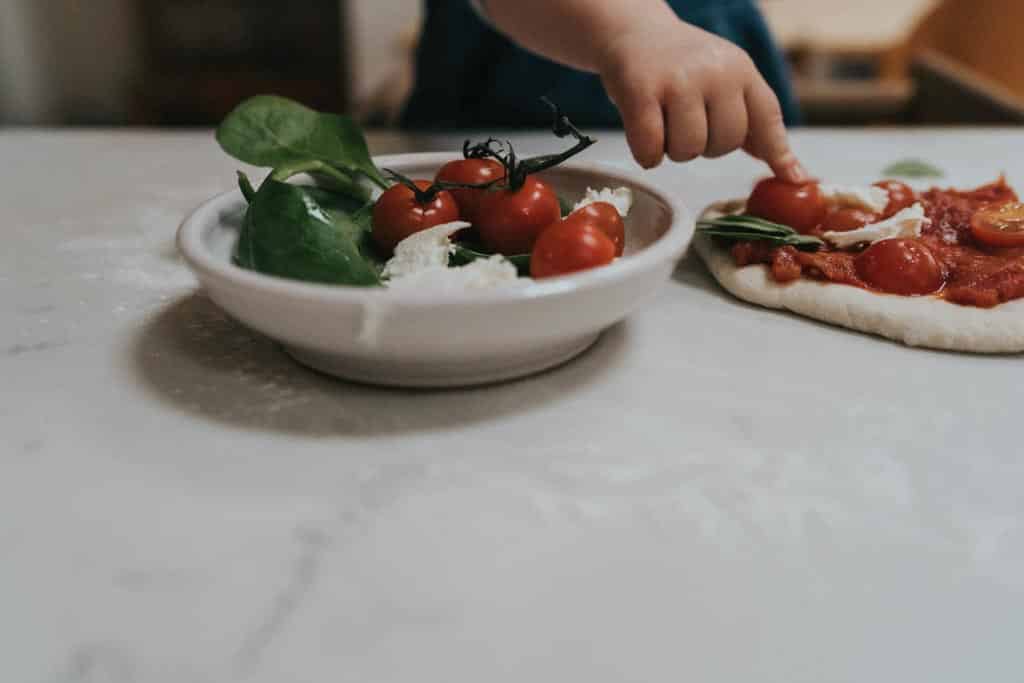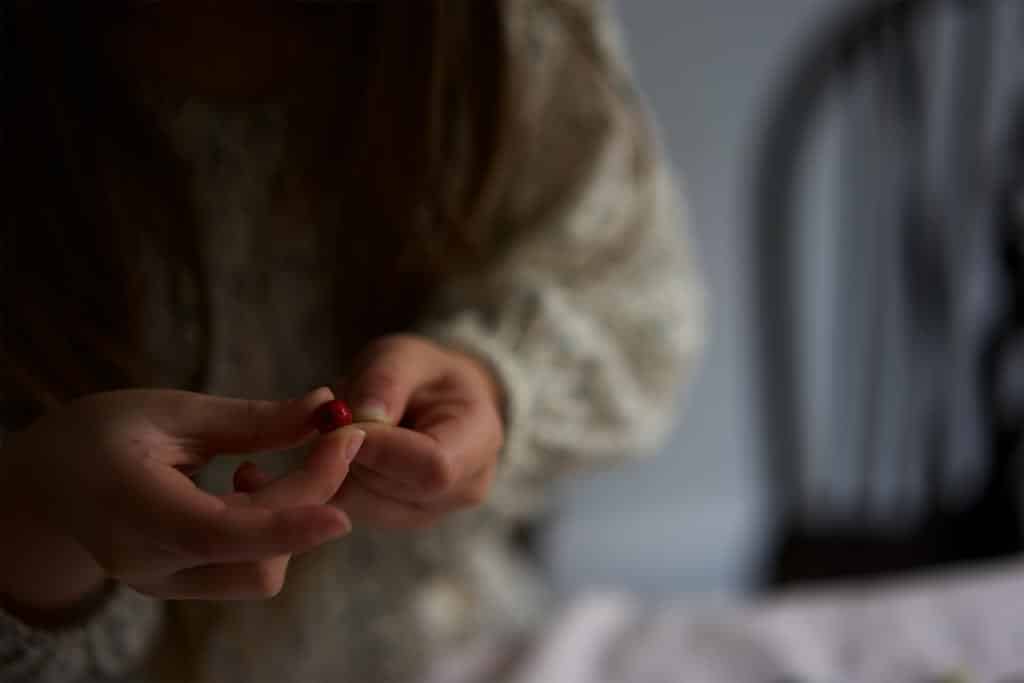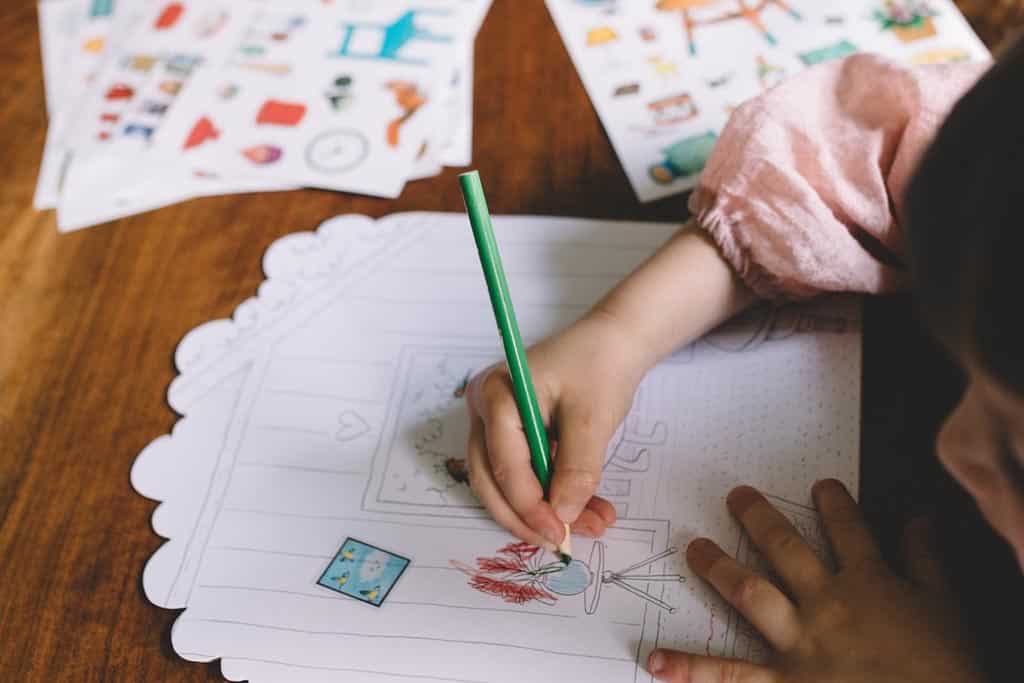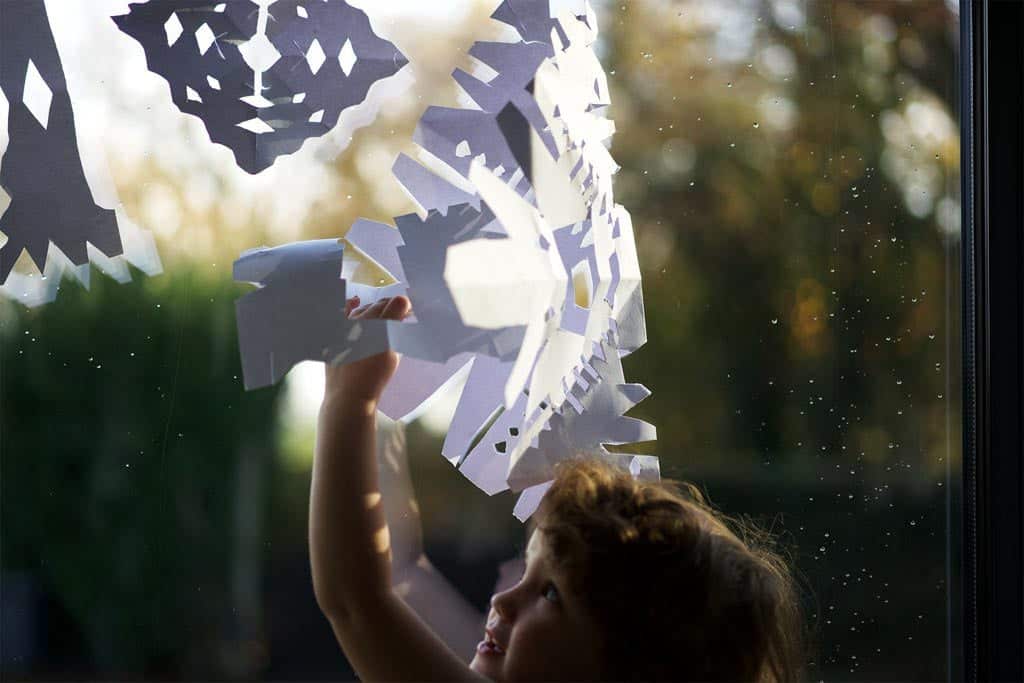As you watch your toddler grow, you’ll marvel at the developing skills they show every day. One of these essential skills is their fine motor skills, the foundation for tasks as simple as feeding themselves and as complex as writing their first letters. You can help them improve their fine motor skills through everyday tasks, making activities like dressing, drawing, and playing all opportunities for growth.
Fine motor skills refer to the coordination of small muscles, such as those in the hands and fingers, with the eyes. They’re essential for performing various tasks in early childhood and later in life.
Your toddler’s journey of exploring, experimenting, and improving their fine motor skills is a remarkable aspect of their developmental years.
This article aims to help you understand these skills and how you can seamlessly integrate fine motor activities into their daily lives.
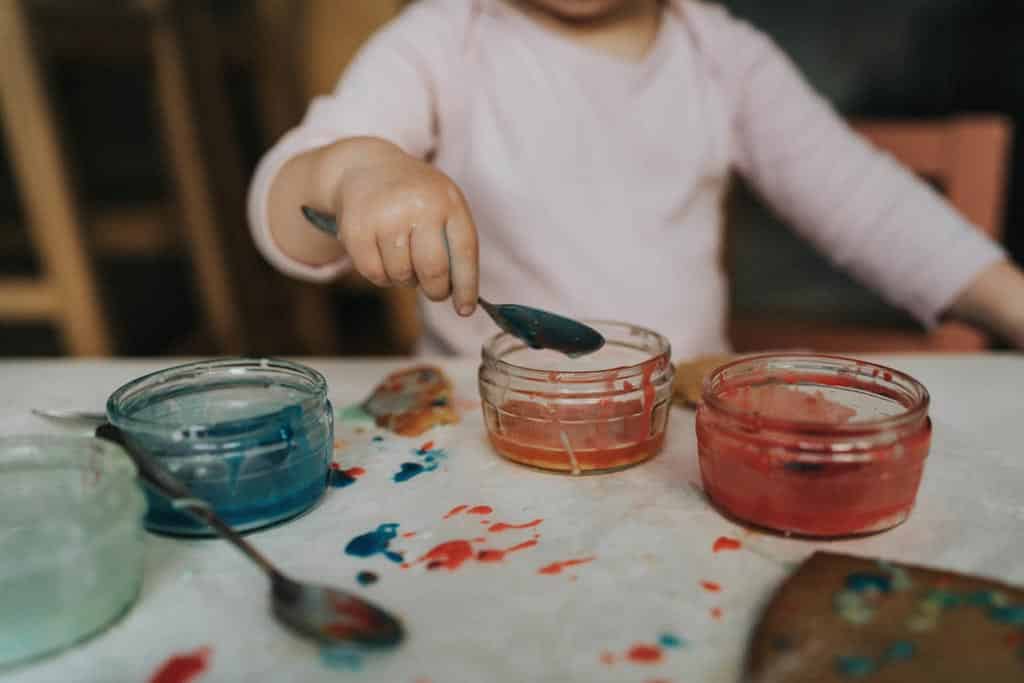
Understanding the Development of Fine Motor Skills
At its core, fine motor development is about strengthening the small muscles in your toddler’s hands and fingers and coordinating these movements with their eyes. But it’s not just about muscles and strength.
Cognitive and perceptual skills also play an important role. For example, understanding that a ball needs to be grasped differently from a pencil is part of fine motor development.
As young children grow, they go through several developmental milestones related to their fine motor skills. This may start with grasping a toy as a baby, then moving on to feeding themselves, stacking blocks, drawing lines, and finally, writing letters and numbers.
Each child is unique and may reach these milestones at different ages, so it’s important not to compare and to support their journey.
Which fine motor tasks are right for my child?
There are countless ways to develop your toddler’s fine motor skills through everyday tasks. Here are a few age-appropriate activities:
For 1-Year-Olds
- Playing with Blocks: Stacking blocks can help your toddler develop hand-eye coordination and understand how to grasp and release objects. Start with larger blocks and gradually introduce smaller ones as their skills improve.
- Finger Foods: Encourage self-feeding with finger foods. This can be an excellent way for toddlers to practise their pincer grip (using thumb and forefinger), an important fine motor skill.
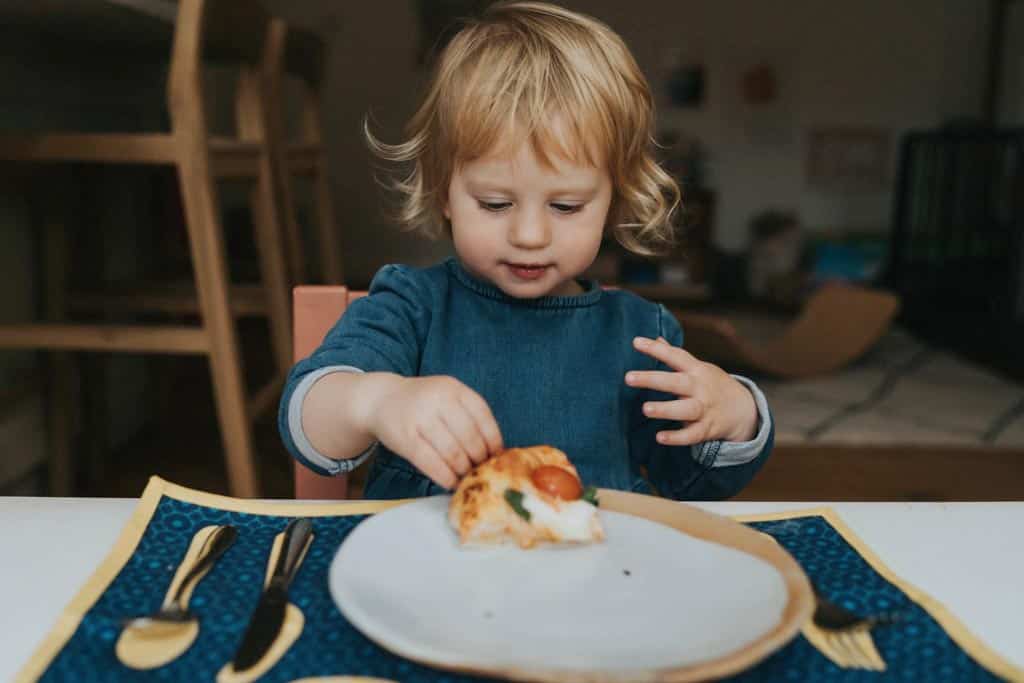
For 2-Year-Olds
- Drawing and Colouring: Provide chunky crayons and large sheets of paper. This activity helps develop their hand and finger strength and paves the way for later writing skills.
- Puzzles: Simple puzzles with large pieces can be a great way to develop hand-eye coordination.
Turning these tasks into regular activities allows your toddler to develop their fine motor skills while playing. As a parent, you facilitate these activities, offer help when needed, and allow them to discover and learn independently.
Remember that the goal is not perfection but engagement and enjoyment in learning.
Self care: Buttons, velcro and putting on clothes
As a parent, it may be quicker and more efficient to dress your toddler yourself, but learning to dress is an important fine motor skill for them. Start with simple tasks such as taking off their socks or putting on a loose t-shirt. As their skills improve, move on to more complex tasks, such as handling buttons or using zips.
Buttons can be tricky for little fingers, but they provide excellent hand and finger muscle training. Start with larger buttons and move on to smaller ones as they become more proficient.
Velcro shoes or clothes can also be a good start, giving them the opportunity to pull apart and attach the Velcro, developing their hand strength and dexterity.
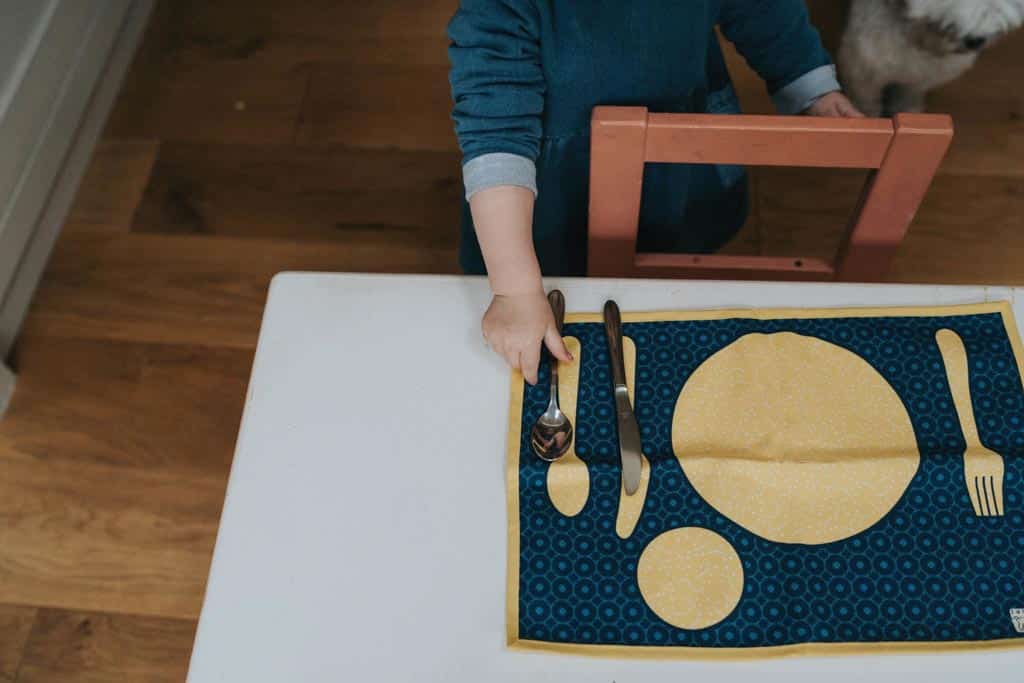
Using Utensils and Opening Containers
Mealtime provides plenty of opportunities for toddlers to practise and develop their fine motor skills. If they’ve been using their fingers to eat, introduce them gradually to utensils. Start with a spoon, then a fork. This progression can help develop their hand-eye coordination and precision.
You can also encourage them to open and close food containers or lunch boxes. This strengthens their finger muscles and promotes a sense of independence. Mealtimes can get messy, but that’s all part of the learning process!
Tidying up and wiping spills
Even tidying up can be an opportunity to develop fine motor skills. When playtime is over, encourage your toddler to put his toys away. Picking up small toys and placing them in a container can help develop their grip and hand-eye coordination.
Similarly, cleaning up spills can be an excellent fine motor activity. Provide a small cloth and encourage them to wipe the table after meals or clean up small water spills. It may take longer, but tasks like these are fantastic ways to sneak some fine motor practice into daily routines.
Remember that developing fine motor skills is about progress, not perfection. The aim is to give your toddler opportunities to practise and refine their skills through everyday tasks. So embrace the mess, celebrate the small victories, and, most importantly, have fun!
Learn through play
Play is not only fun for young children, it is also essential for their learning and development. Through play, they can explore their environment, express their emotions and practise their skills.
Depending on your toddler’s age and interests, you can provide a variety of play activities to challenge and develop their fine motor skills. For younger toddlers, try simple games such as blowing bubbles, finger painting, or playing with play dough.
For older toddlers, you can introduce more complex activities such as cutting paper, sorting objects, or making crafts. Threading large beads or chunks of pasta on a string can be another engaging activity to help develop their pincer grip.
Final word
In conclusion, the development of fine motor skills is fundamental to your toddler’s overall development and independence. Not only do these skills pave the way for important tasks later in life, such as writing or tying shoelaces, but they also build your toddler’s confidence and autonomy.
As a parent, you can provide plenty of opportunities for your toddler to practise these skills through everyday tasks and routines. Remember that every child is unique, and their development may not follow a strict timetable.
The most important thing is to allow them to explore, play and learn at their own pace. You’ll be helping them develop their motor skills and cultivate a lifelong love of learning. So turn the mundane into a fun learning experience for your toddler today!

